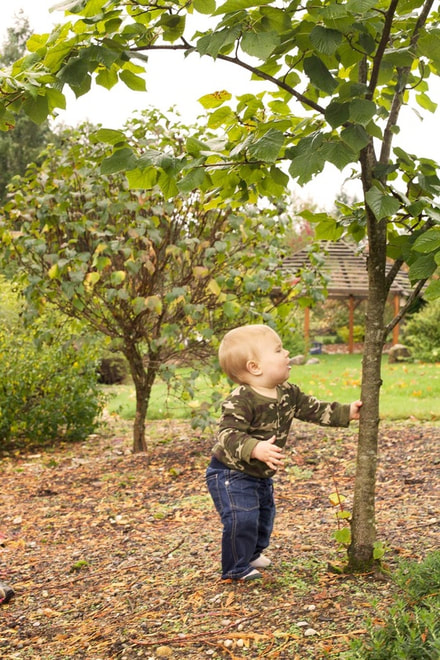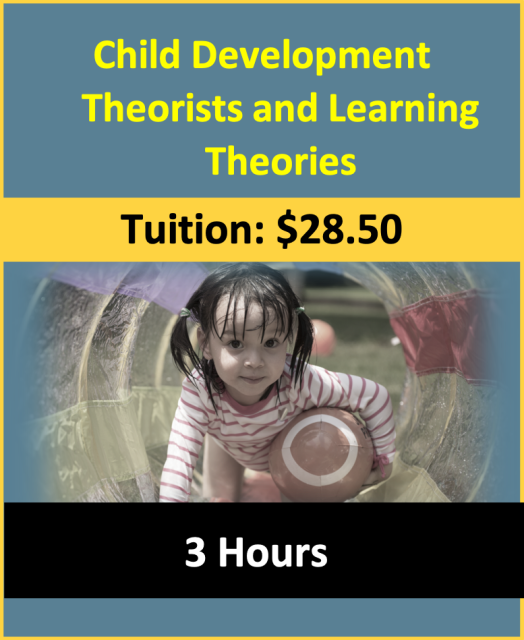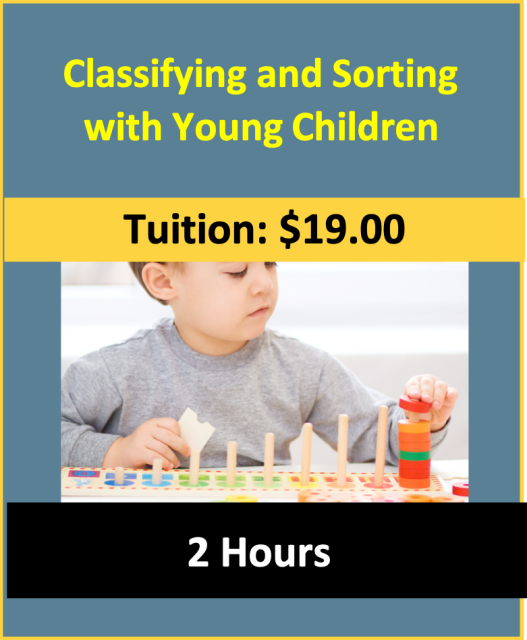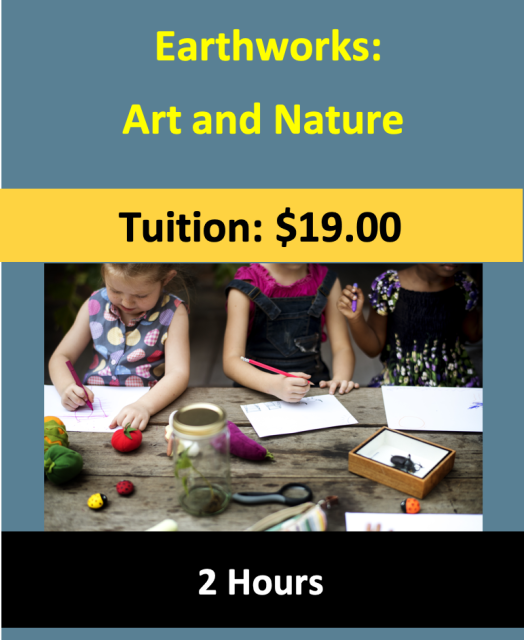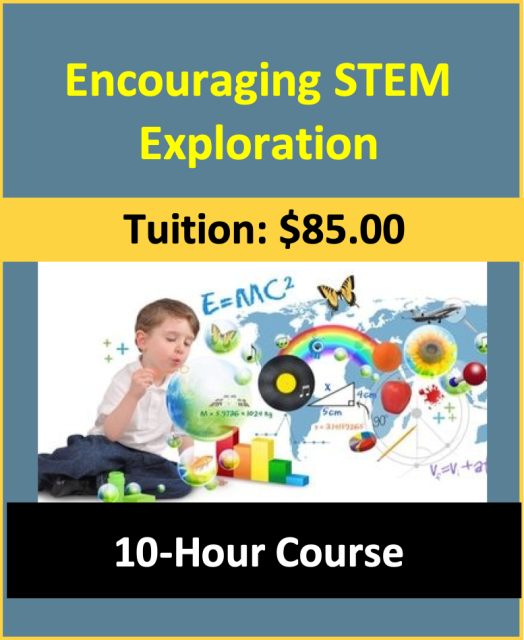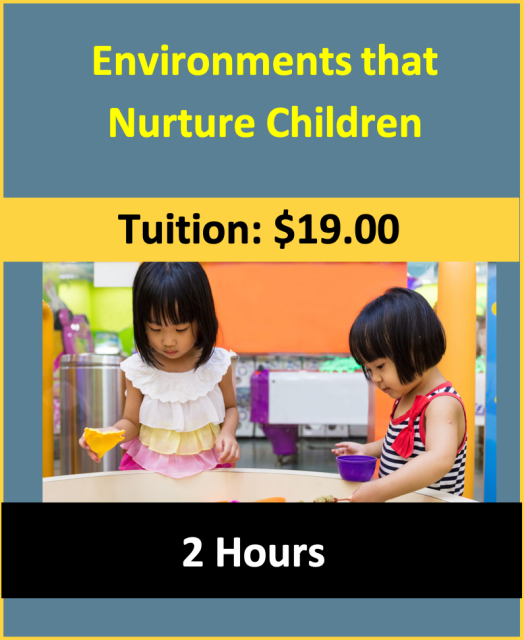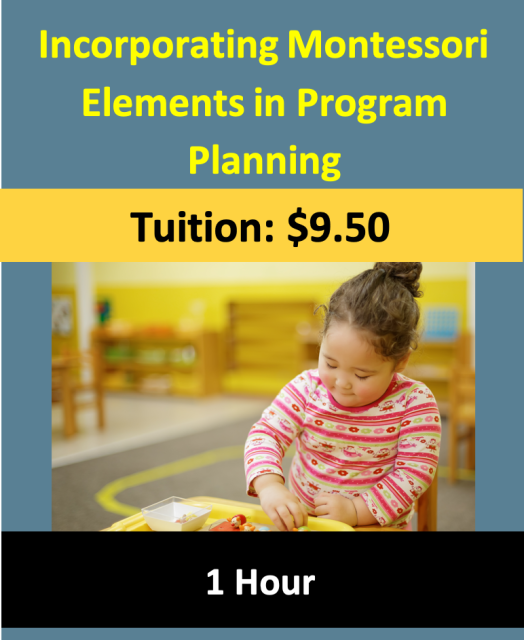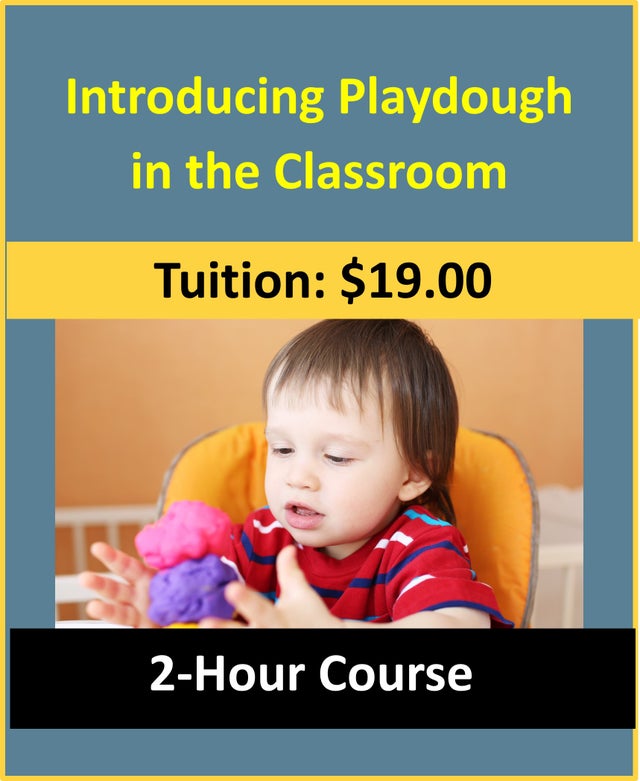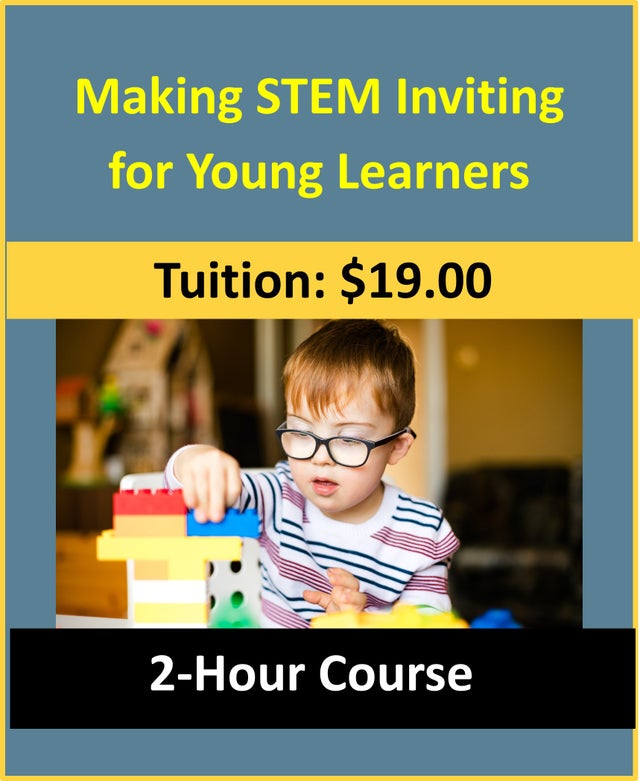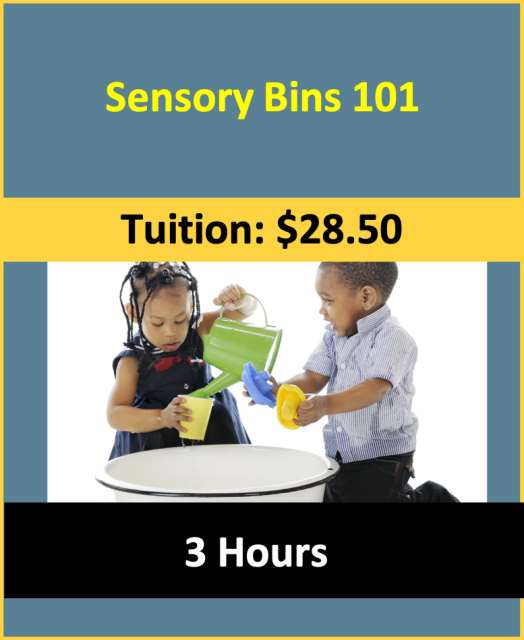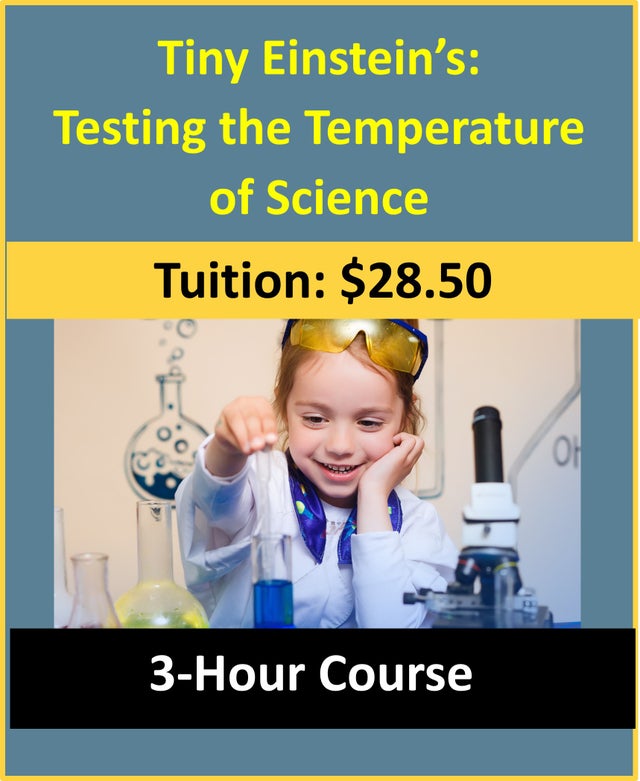What is STEM?
|
From National Science Teachers Association
Science, technology, engineering and math are linked together in what is called “STEM” curriculum. If we break down this (possibly unfamiliar) term into it’s parts, we see that much of it is already happening in early childhood programs. Science can be planting seeds, mixing materials together to make a change, rolling objects down a ramp, sorting rocks by color, and touching objects with a magnet to test for attraction to the magnet, all the while recording and thinking about what happened. Technology—computers, but also using other tools such as flashlights and digital cameras. Math can be counting and matching shapes, and making patterns. Engineering in preschool and kindergarten is easy to, uh…, engineer, in the block area. There children are planning and designing structures every day with little teacher direction. Measuring is easy too, especially if the blocks are unit blocks where every two make one of the next size up. Add the experience of recording the process by asking children open-ended questions (Tell me what you are working on now. If you don’t like the tipping, what can you do to stop it? What else can you use since all the long blocks are being used?) and writing down their thoughts. Put paper on clipboards or trays in the block area and invite children to draw their structure, or just the “best” part of it. |
Teaching STEM to Early Learners
The most important thing to remember about teaching STEM to early learners is that they are perfectly adapted to learn STEM concepts, and it is not difficult to teach STEM to young children. The secret is to tap into their natural and innate curiosity about the living world. By simply allowing them to investigate, by encouraging them to ask questions about the real world, you are engaging children in STEM. While there are hundreds, if not thousands, of recommendations, none is more simple and more powerful than this: take children outside into nature.
The most important thing to remember about teaching STEM to early learners is that they are perfectly adapted to learn STEM concepts, and it is not difficult to teach STEM to young children. The secret is to tap into their natural and innate curiosity about the living world. By simply allowing them to investigate, by encouraging them to ask questions about the real world, you are engaging children in STEM. While there are hundreds, if not thousands, of recommendations, none is more simple and more powerful than this: take children outside into nature.
STEM Resources
|
WashingtonSTEM At Washington STEM, we believe STEM equals opportunity for our students, our communities, and our state. We take an entrepreneurial approach to reimagining and revitalizing STEM education by incubating breakthrough ideas in teaching and learning, investing in communities to seed STEM Networks and spread promising practices across the state, and building a STEM movement to advocate for policy change.
SuccessfulSTEMeducation.org offers resources for people interested in learning more about STEM education. NAAEE's Early Childhood Environmental Education Programs: Guidelines for Excellence describe good early childhood environmental education, which is also good early STEM education. Children and Nature Network The Children & Nature Network (C&NN) was created to encourage and support the people and organizations working nationally and internationally to reconnect children with nature. The Boston Children’s Museum's excellent STEM Sprouts Teaching Guide assists preschool educators in focusing and refining the naturally inquisitive behaviors of three-to-five-year-olds in STEM Students are Ready for More STEM and Play in Preschool, Two Studies Find , by Paul Nyhan, Birth to Thrive Blog |
Click on the course icon for enrollment information.
